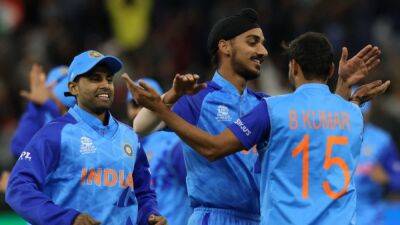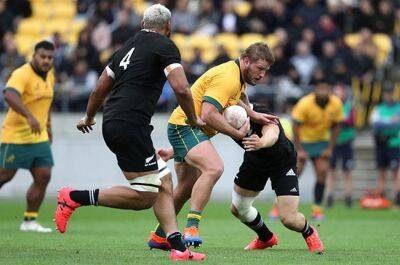Scientists taught ‘sentient’ brain cells in a petri dish to play video game Pong
The classic 1970s arcade game Pong is so simple that apparently, anyone can play it – including brain cells in a lab.
Yes, you’ve read correctly. Scientists in Australia have taught neurons grown in a petri dish to learn how to play a basic video game.
The researchers say these “mini brains” can sense and react to their environment and using them for drug testing or computing could have far-reaching implications for health, technology, and society as a whole.
“Cultures display the ability to self-organise activity in a goal-directed manner,” reads their study published Wednesday in the journal Neuron.
The start-up leading the research, Cortical Labs, is dedicated to building a new generation of biological computer chips using human neurons.
“From worms to flies to humans, neurons are the starting block for generalised intelligence,” its chief scientific officer, Brett Kagan, said in a statement.
“So, the question was, can we interact with neurons in a way to harness that inherent intelligence?”
Kagan and his colleagues harvested neurons from embryonic mouse brains as well as neurons from adult human stem cells.
They then grew these neurons inside a lab dish. The experiment involved clusters of about 800,000 neurons, the size of a bumblebee's brain – a culture they nicknamed “DishBrain”.
Then they made DishBrain play Pong, a basic electronic ping-pong game that was very popular in the 1970s.
“We chose Pong due to its simplicity and familiarity, but, also, it was one of the first games used in machine learning, so we wanted to recognise that,” said Kagan, who worked on the project with researchers from 10 other institutions.
"What machines can't do is learn things very quickly – if you need a machine learning algorithm to learn







